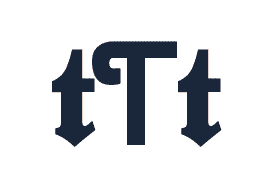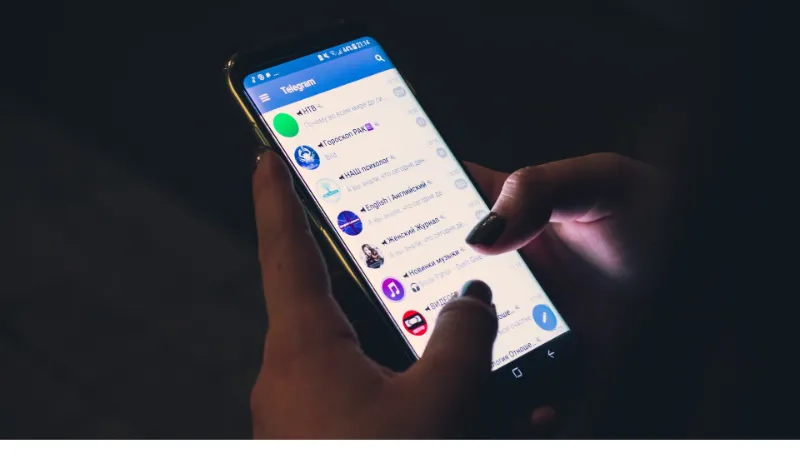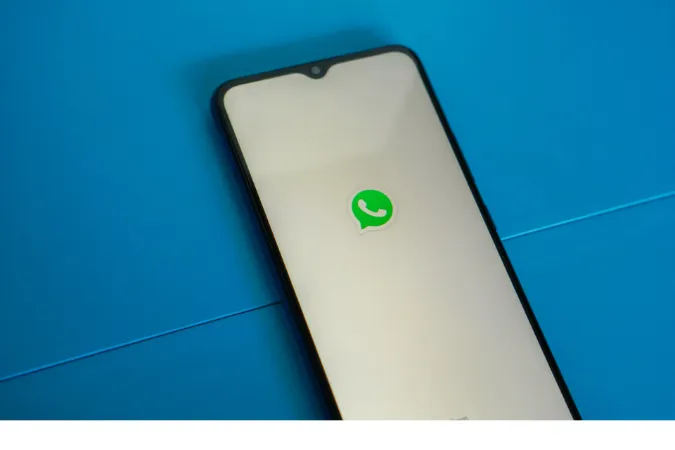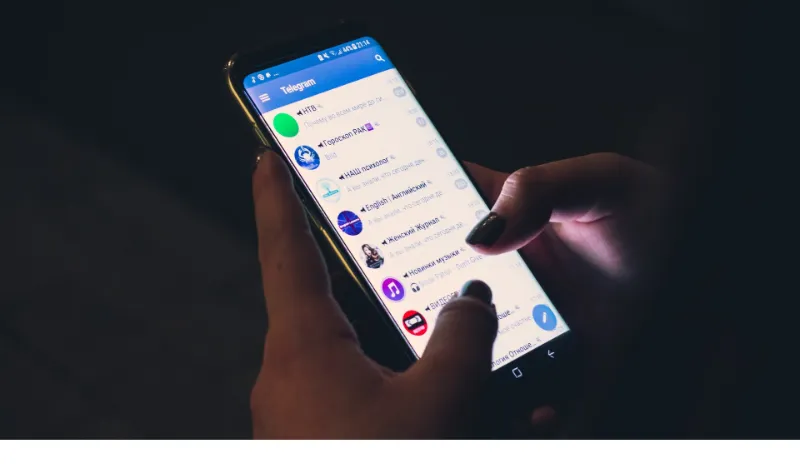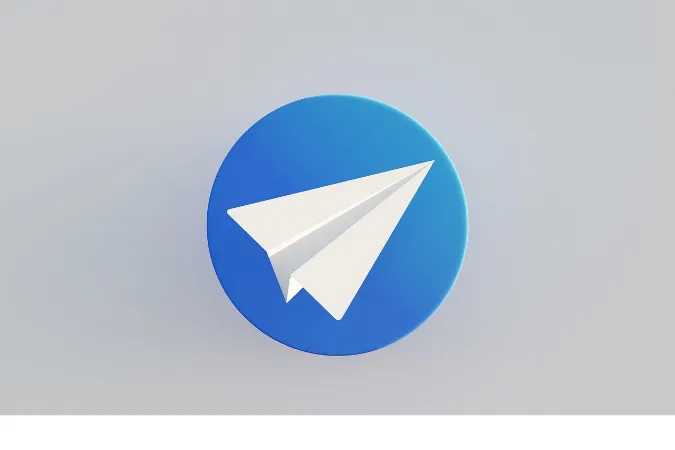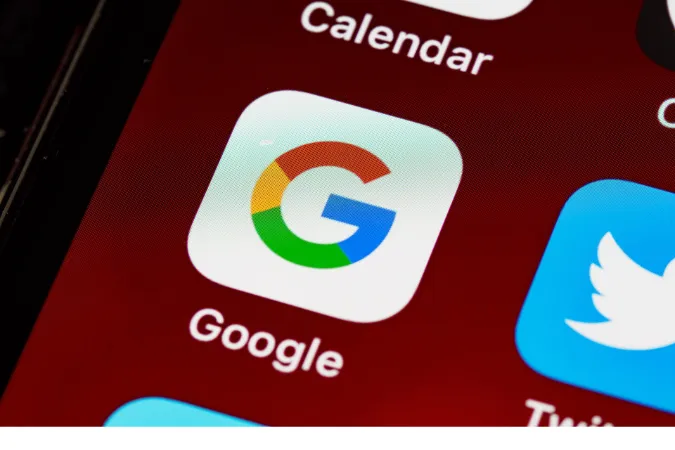Today, we’re going to explore the pros and cons of using the Signal app.
With the rising concern for online privacy, it’s no wonder that people are searching for alternatives to popular messaging platforms.
Signal has gained a lot of attention for its focus on privacy, but is it the right choice for you?
In this post, we’ll weigh the benefits and drawbacks, so you can make an informed decision.
Pros of Using Signal App
Below are the strengths of Signal;
1. Privacy and Security
One of the major advantages of Signal is its commitment to privacy and security. Unlike some other messaging platforms, Signal doesn’t collect or store your personal data.
It also uses end-to-end encryption to ensure that your messages, calls, and media are secure, keeping your conversations private and away from prying eyes.
Another aspect of Signal’s dedication to privacy is its minimal metadata retention.
Metadata, such as who you’re messaging and when, can reveal much about your communication habits, even if the content remains encrypted.
Signal only retains the necessary metadata to facilitate communication, like the date and time a user last connected to the server, without logging any message or call content.
2. Open Source
Signal’s open-source nature is another pro. This means that its code is available for anyone to review, which promotes transparency and trust in the app’s security features.
Plus, the open-source community can identify potential vulnerabilities and suggest improvements, making the app even more secure over time.
So, when you’re using Signal, you can have peace of mind knowing that its security measures are continually being scrutinized and enhanced.
3. End-to-End Encryption
End-to-end encryption is one of the cornerstones of Signal’s security. All messages, calls, and media sent through the app are encrypted, so only the intended recipient can decrypt and read them.
This means that even if someone intercepts your communication, they won’t be able to understand the content.
Not even Signal itself can access your messages or calls, which sets it apart from other messaging apps that might store your data on their servers. With Signal, your private conversations stay private.
4. No Advertisements
Tired of being bombarded with ads while you chat? Signal’s got you covered! As a non-profit organization, Signal doesn’t rely on advertising revenue to fund its operations.
Instead, it’s supported by donations and grants, which means the app is free from annoying ads and data-hungry marketers.
You can enjoy an ad-free messaging experience without worrying about your personal data being sold to the highest bidder.
5. Group Features
Signal isn’t just great for one-on-one chats and offers useful group features. You can create group chats, hold group voice or video calls, and even send media files to multiple recipients at once.
Signal has recently introduced group links, making inviting friends to join your group chat easier than ever.
While it might not have all the bells and whistles of some competing apps, Signal’s group features are more than enough for most users who prioritize privacy and security.
6. Cross-Platform Compatibility
Signal is available on a variety of devices, including Android, iOS, Windows, macOS, and Linux. This cross-platform compatibility ensures you can stay connected with friends and family, no matter their device.
It’s also helpful if you switch between devices yourself, as you won’t have to worry about losing access to your favorite messaging app.
Signal’s seamless experience across platforms is a definite plus for those seeking convenience and ease of use.
7. Disappearing Messages
Sometimes, you might want to send a message that won’t stick around forever. Signal’s disappearing messages feature allows you to do just that!
You can set a timer for how long a message should stay visible before it’s automatically deleted from both the sender’s and recipient’s devices.
This feature can be useful for sharing sensitive information or simply keeping your chats clutter-free.
Remember, though, this doesn’t prevent someone from taking a screenshot or capturing the content before it disappears, so use this feature cautiously.
Cons of Using Signal App
Here are the drawbacks of Signal;
8. Smaller User Base
One of the main drawbacks of Signal is its smaller user base compared to more popular messaging apps like WhatsApp or Facebook Messenger.
This can make it challenging to convince friends and family to switch over to Signal, especially if they’re already comfortable with their current messaging app.
While Signal is growing in popularity, it might take some time before it becomes as widely adopted as its competitors.
9. Limited Features Compared to Competitors
While Signal offers all the essentials for messaging, it doesn’t have as many features as some competing apps.
For example, Signal lacks built-in support for GIFs, stickers, and advanced message formatting options that you might find in other apps.
Also, it doesn’t offer the ability to customize the app’s appearance with themes or skins. Signal might not be the best fit if you’re looking for a feature-rich messaging experience.
However, these trade-offs might be worth it for those who prioritize privacy and security.
10. Occasional Performance Issues
Although Signal is generally reliable, some users have reported occasional performance issues, such as slow message delivery, difficulty connecting to the server, or glitches with notifications.
These issues are not widespread, and the developers are continually working to improve the app’s performance.
However, it’s worth noting that you might encounter some hiccups while using Signal, especially during times of increased server load or following major updates.
11. Dependency on Phone Number
To register for Signal, you need to use your phone number. This can be a downside for some users who prefer not to share their phone numbers or would rather use an email address or username for registration.
The phone number requirement can also create complications if you lose access to your number or switch to a new one.
While Signal’s developers have acknowledged this concern, there’s no indication that an alternative registration method is coming anytime soon.
12. No Cloud Backup
Signal’s commitment to privacy means that your messages are not stored on their servers. While this is excellent for security, it also means that there’s no cloud backup for your messages.
If you lose your device or need to reinstall the app, you won’t be able to recover your message history.
Although this might be a deal-breaker for some users, others may see it as a worthwhile trade-off for increased privacy and security.
13. Steeper Learning Curve
For those new to encrypted messaging apps or used to more feature-rich platforms, there might be a slight learning curve when getting started with Signal.
It may take some time to get familiar with the app’s interface and features, especially for users who aren’t tech-savvy.
However, once you get the hang of it, Signal’s benefits often outweigh the initial adjustment period, making it a valuable tool for secure communication.
Conclusion
So, there you have it—the 13 pros and cons of using the Signal app. While it might not be perfect, Signal offers a strong focus on privacy and security that’s hard to find in other messaging platforms.
Signal is worth considering if you’re willing to trade some features and convenience for enhanced privacy.
Ultimately, the choice comes down to your personal preferences and priorities. Good luck in making the right decision for you, and happy chatting!
